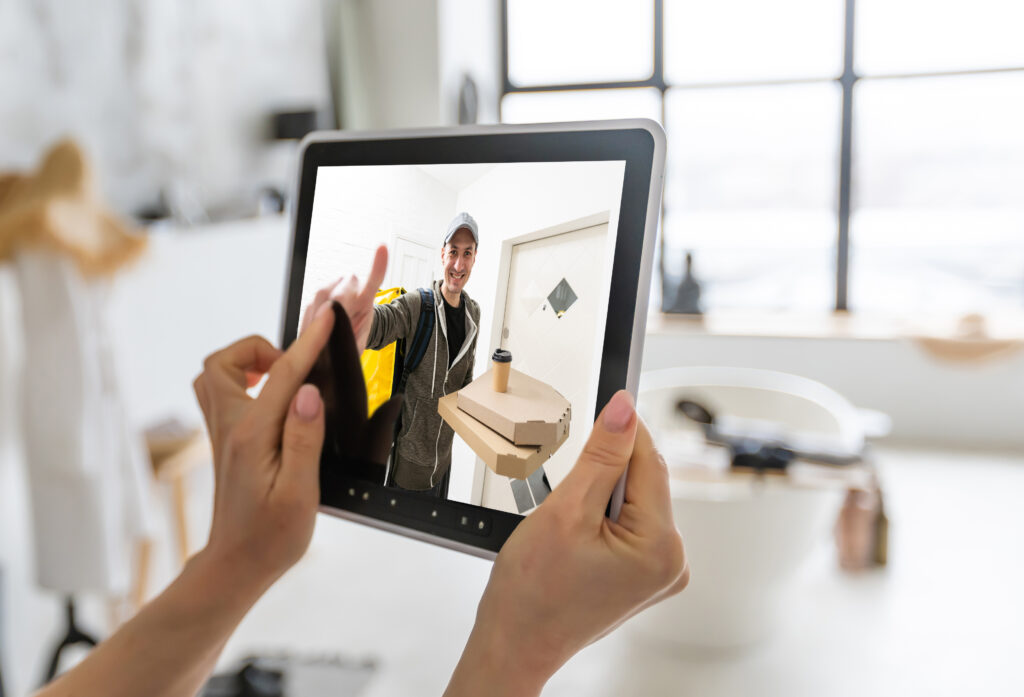Is installing a camera in your building’s hallway allowed? Legal guidelines explained
Security concerns are a growing priority for apartment buildings, often leading residents to consider installing surveillance cameras in shared spaces like hallways. However, setting up cameras in common areas involves legal and privacy concerns. If you’re considering installing a camera, here’s what you need to know about the regulations and processes in place.

1. The role of the general assembly of co-owners
In a building with shared ownership, decisions about common areas must be made collectively. The installation of surveillance cameras in hallways or other communal spaces cannot be decided by a single resident, even if they own an apartment. Instead, the matter must be presented to the **general assembly of co-owners** for discussion and approval.
To get started, a co-owner interested in installing a camera must submit a formal request to the building’s management, typically the syndicate. This request will be placed on the agenda for the next general assembly meeting, where it will be discussed and put to a vote. A majority agreement from the co-owners is required to proceed with the installation.
2. Compliance with GDPR and privacy laws
Even if the assembly approves the installation, the cameras must comply with Belgian privacy regulations, particularly the **General Data Protection Regulation (GDPR)**. The GDPR governs how personal data, including video footage, is collected and processed. To comply, cameras must only monitor designated private spaces, such as hallways or entryways, without unnecessarily recording public areas or private apartments. The privacy of residents and visitors must be respected at all times.
In addition, clear signage indicating that the premises are under surveillance must be placed in visible locations. This informs all individuals entering the building that cameras are in operation, a requirement under GDPR. The **building syndicate** or property management is responsible for maintaining and storing the footage in compliance with data protection laws, including restrictions on who can access the footage and how long it can be retained.
3. Obligations to notify local authorities
After the cameras are installed, the building syndicate is legally required to notify the **local police** of the camera system. This notification must be done at least one day before the cameras become operational. The registration of the cameras with the police ensures that the surveillance system is known to the authorities and meets legal requirements.
Failing to notify the authorities can result in penalties, as unauthorized or unregistered camera systems violate Belgian law. This step is crucial in ensuring the legal operation of the camera system.
4. Balancing security and privacy
While security cameras can enhance the safety of a building by deterring potential intruders, the rights and privacy of residents must always be considered. Co-owners should carefully weigh the benefits of camera installation against the potential for intruding on personal privacy, particularly in areas where people expect privacy, such as near their front doors.
It’s also important to clearly define the purpose of the camera system. Whether it’s for monitoring entrances, mailboxes, or high-traffic areas like hallways, the scope of surveillance should be limited to legitimate security concerns without overstepping into unnecessary monitoring.
5. What happens if cameras are installed without approval?
Installing cameras in common areas without the necessary approval from the general assembly or failing to follow GDPR and notification procedures can lead to serious consequences. Unauthorized camera installations can result in legal disputes between co-owners, fines for non-compliance, and the forced removal of the system.
Residents should always follow the proper legal channels to avoid conflict and ensure that the camera system is lawful and respectful of everyone’s privacy.
Final thoughts
Installing a camera in your building’s common areas, like hallways, involves more than just securing approval from the general assembly. Compliance with GDPR, proper data handling, and notifying local authorities are key steps to ensuring that your surveillance system is legally sound. Cameras can enhance security, but they must be implemented in a way that respects the privacy and rights of all residents. Always consult with your building’s management and legal experts to navigate the process smoothly.

 Open Immovlan
Open Immovlan